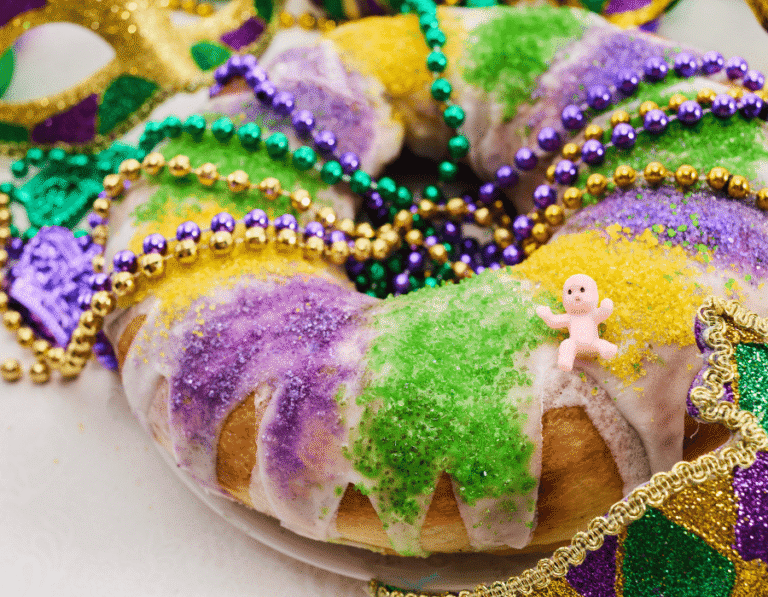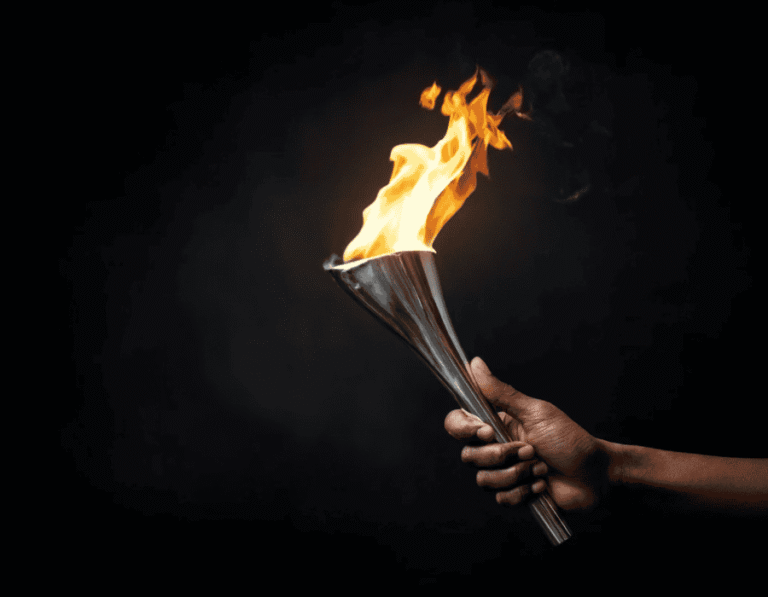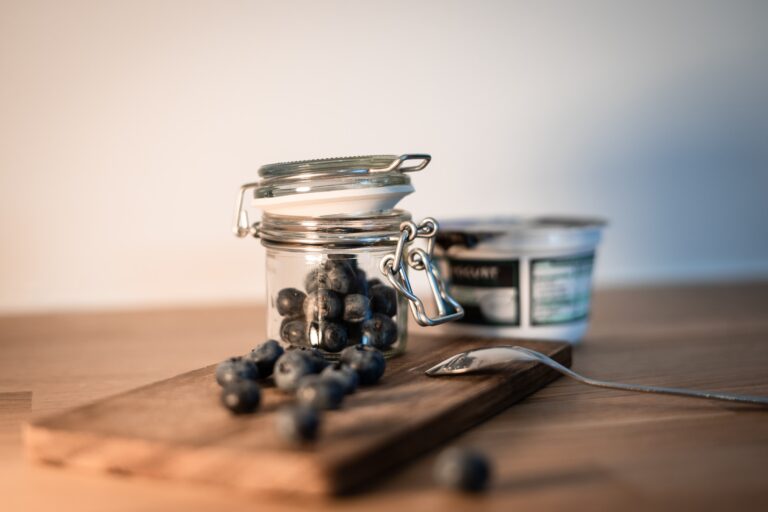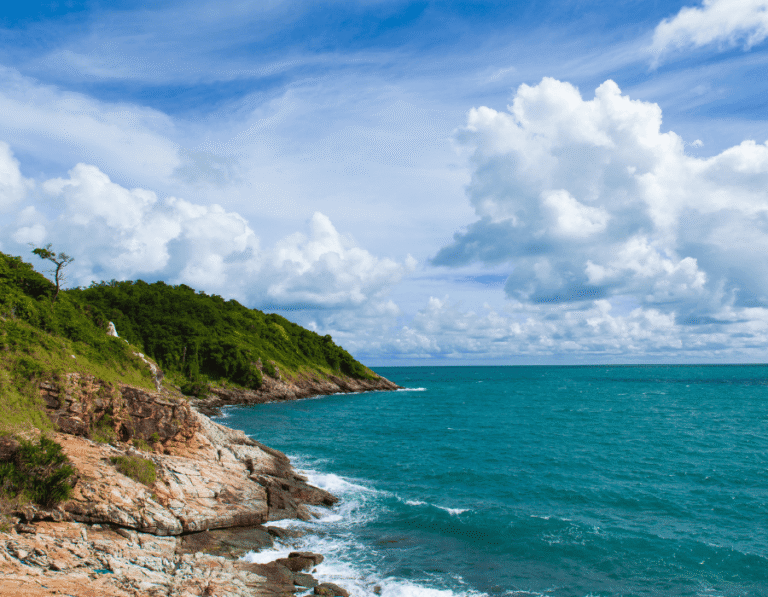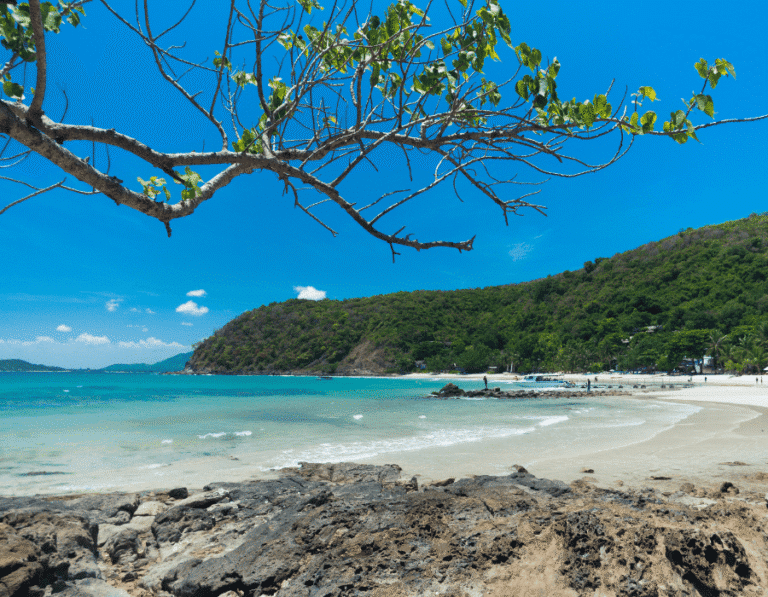So, you’ve woken up with a sore, red bump next to your lip, and you’re calculating the possibilities – cold sore vs pimple. Which one is it?
Both can be uncomfortable and annoying. Although there are a few similarities, there are apparent differences between their causes and how they’re treated.
This article has clues that can help you distinguish between a cold sore or zit and understand the best ways to treat and prevent them both.
Cold Sore vs Pimple: Differences & Similarities
Before you answer the question, “Is this a cold sore or pimple on my lip?” you should know the similarities and differences between the two.
The similarities between cold sores and pimples include:
- Both can heal without treatment.
- Both have stages of development.
- Both usually appear on the face.
- And both may cause embarrassment and social stigma.
But what about the distinctions? The differences between cold sores and pimples lie in their causes, locations, symptoms, transmission, and prognosis.
- Causes: Pimples are caused by localized bacterial overgrowth, while the herpes virus causes cold sores.
- Locations: Pimples may appear mainly on the face, chest, and back. On the flip side, cold sores appear mainly on the lips and mouth.
- Symptoms & Signs: Pimples usually have pus in the center of the lesion. At the same time, cold sores are more like blisters which contain clear fluid.
- Transmission: Pimples are mainly non-infectious from person to person; however, cold sores are infections from person to person.
- Prognosis: Some pimples will heal with scarring, but with cold sores, there is no scar formation with healing.
Early Cold Sore Symptoms
The easiest way to determine whether you have a pimple or a cold sore is to pay attention to the warning signs. If you feel a tingling, itching, or burning sensation before the blemish even emerges, this is your body’s way of telling you a cold sore is coming.
Typically your symptoms will develop as follows:
- Tingling, itching, and burning sensations on or around the lips. These usually start around 12-24 hours before the cold sore appears.
- Slowly blisters appear, which causes the affected part to become red, swollen, and painful.
- In the next 2-3 days, the blisters open and ooze fluid which may be transparent or yellowish. This is called the “weeping phase”.
- In the next four to five days, after the cold sore develops, it crusts and scabs over. As a result, the skin may crack or bleed as it heals.
- Ultimately, the scab falls off. The skin underneath may be a little more pink or reddish than usual for a few days. Generally, it may take 1-2 weeks for the sore to heal completely.
But How Are Cold Sores And Pimples Diagnosed?
Your doctor may suspect you have a cold sore based on the appearance and location of the lesion, and to confirm a diagnosis, they may suggest:
- A biopsy
- Blood testing
- A viral culture –involves swabbing the lesions and testing the skin cells for a virus.
But what about a pimple?
A doctor can diagnose this simply by looking at your skin.

The Causes of a Cold Sore vs Pimple
Cold sores and pimples both have different causes, which may help you distinguish between the two.
Causes of a Cold Sore
Cold sores are the result of a viral infection caused by HSV – the herpes virus. And there are two strains of this virus:
- HSV-1
- HSV-2
HSV-1 is typically the cause of oral cold sores, and HSV-2 causes sores on the genitals. However, both strains can cause sores in either location if you’re exposed to them. Here’s what you should know about the different herpes outbreak stages.
The herpes virus is highly contagious, and it spreads easily through skin-to-skin contact. The following actions can lead to the spread of the virus:
- Kissing
- Sharing razors
- Sharing towels
- Sharing eating utensils
- Sharing beverages
- Sharing make-up or lip balm
- Oral sex
It’s important to know that if you have the virus, it is possible to spread it even if you aren’t experiencing symptoms. However, it is much more contagious during an outbreak or when a cold sore is apparent.
Cold Sore Triggers
Not everyone who carries the HSV-1 strain will get cold sores regularly. You might only get one after your initial infection, but the virus remains inactive and hidden in your body forever.
On the other hand, some people who experience regular outbreaks of cold sores may be triggered by the following factors:
- Illnesses, like the cold or the flu
- Fever
- Stress
- Menstruation – due to hormonal changes
- Exposure to heat, cold, or dryness
- Skin injury or breaks in the skin
- Dehydration
- Poor diet
- Lack of sleep or fatigue
- An immune system deficiency
Causes of Pimples
Pimples are caused by dead skin cells or oil clogging hair follicles. This oil is also known as sebum. Sebum travels through hair follicles to help add moisture to your skin and hair, but when dead skin cells and extra sebum build up, this blocks the pore, and bacteria begins to grow—ultimately causing a pimple.
A whitehead pimple forms when the follicle wall swells, and a blackhead pimple forms when the bacteria in the clogged pores are exposed to air.
Pimples are most common in teenagers and young adults but can also occur in babies and older adults.
Some things may make your pimples worse:
- If acne runs in your family, you may be more likely to have spots.
- Not removing makeup properly at night can clog pores.
- Dairy products, chocolate, and carbs can trigger acne.
- Medications such as corticosteroids can make pimples worse.
- Hormonal changes during puberty.
- Pimples in women can be linked to hormonal changes during your menstrual cycle, while pregnant, or during menopause.
- Stress can contribute to pimples.
Unlike cold sores, pimples are not contagious.
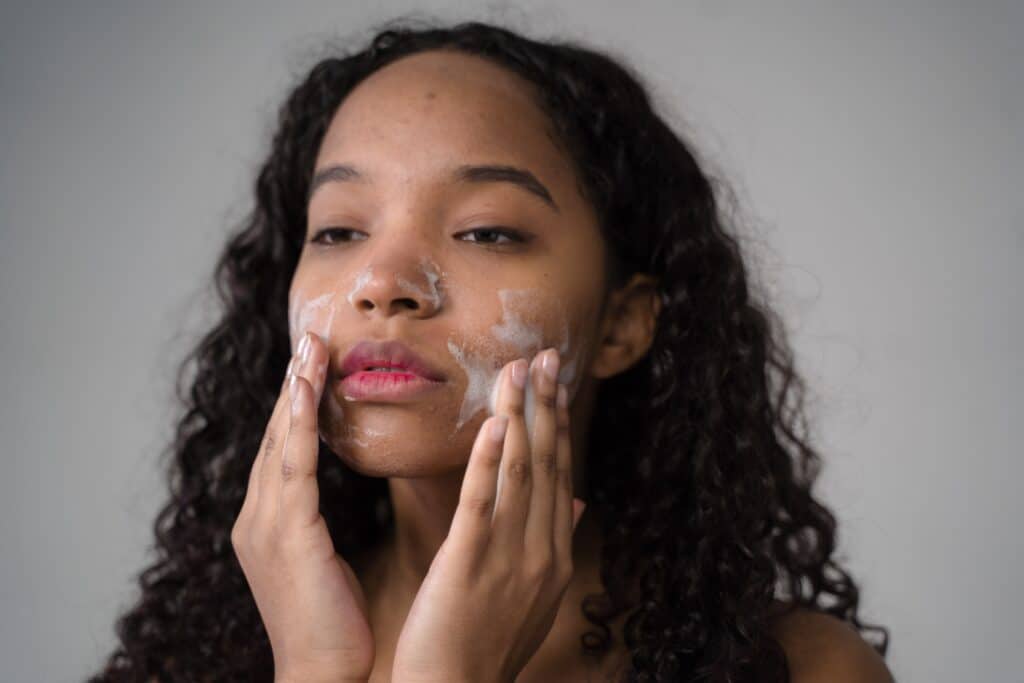
How to Treat a Cold Sore vs Pimple
Cold sore or zit – how can we treat them?
Cold Sore Treatment
Cold sores can’t be cured, but they will generally disappear without treatment in two to four weeks. Here are a few ways to speed up the healing process:
Antiviral Medication
Your doctor can prescribe antiviral medications – which you can take in pill form or cream and ointment versions. Generally, medicines in pill form help to shorten the outbreak time. Creams and ointments help reduce the severity of symptoms. Some antiviral drugs are also available over-the-counter.
Antiviral Pills For Cold Sores:
- Valtrex
- famciclovir (Famvir)
- acyclovir (Zovirax)
Ointments For Cold Sores:
- acyclovir (Zovirax)
- docosanol (Abreva)
- penciclovir (Denavir)
At-Home Treatments For Cold Sores
You can also try some at-home treatments to help your cold sore heal and alleviate symptoms, like:
- Using a cold compress
- Keeping your lips protected from the sun
- Applying an over-the-counter (OTC) cream for pain relief – choose a cream with lidocaine or benzocaine.
Alternative Remedies For Cold Sores
Some studies suggest that alternative therapies with antiviral aspects may also speed up the healing process. These include:
Consult with your doctor to see whether alternative therapies are suitable for you and for dosing recommendations.
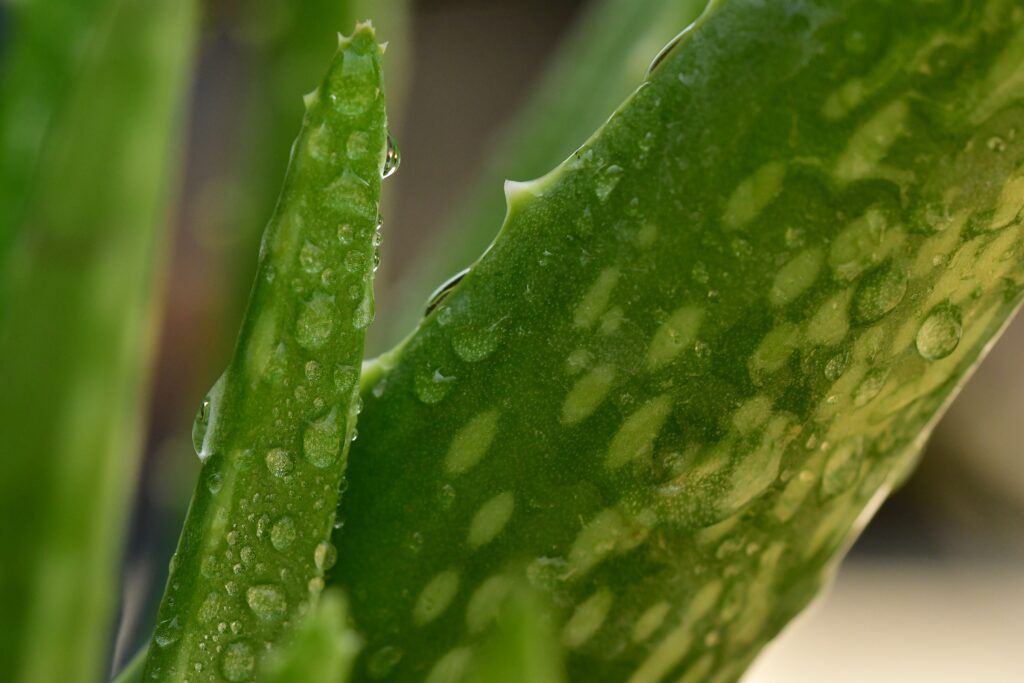
Pimple Treatment
Usually, your doctor will decide the best treatment based on the location and the severity of your pimples. Mild to moderate acne can be treated with over-the-counter (OTC) soaps, creams, and regular home care.
Tips To Treat Pimples
- Wash your face at least twice daily with mild, unscented soap.
- Wash your hair when it feels oily. When greasy hair touches your face, it can contribute to pimples.
- Use oil-free sunscreen to help avoid clogging your pores.
- Remove makeup before bed.
- Avoid makeup or other beauty products that are greasy. Go for water-based products instead.
- Try tea tree oil as a gel, wash, or ointment, which might help to reduce pimples.
- Look for creams and lotions which contain zinc. These may help cut down on pimples.
If your acne is severe, you may want to see a dermatologist who can prescribe stronger creams or prescription medications. Here’s how to prepare for your dermatologist appointment.
Alternative Remedies For Pimples
Some alternative therapies with antibacterial properties may also fight bacteria on the skin and help remedy pimples. Studies have shown that these include:
- Green tea (in lotions and creams)
- Omega-3 fatty acids or fish oil
- Zinc supplements
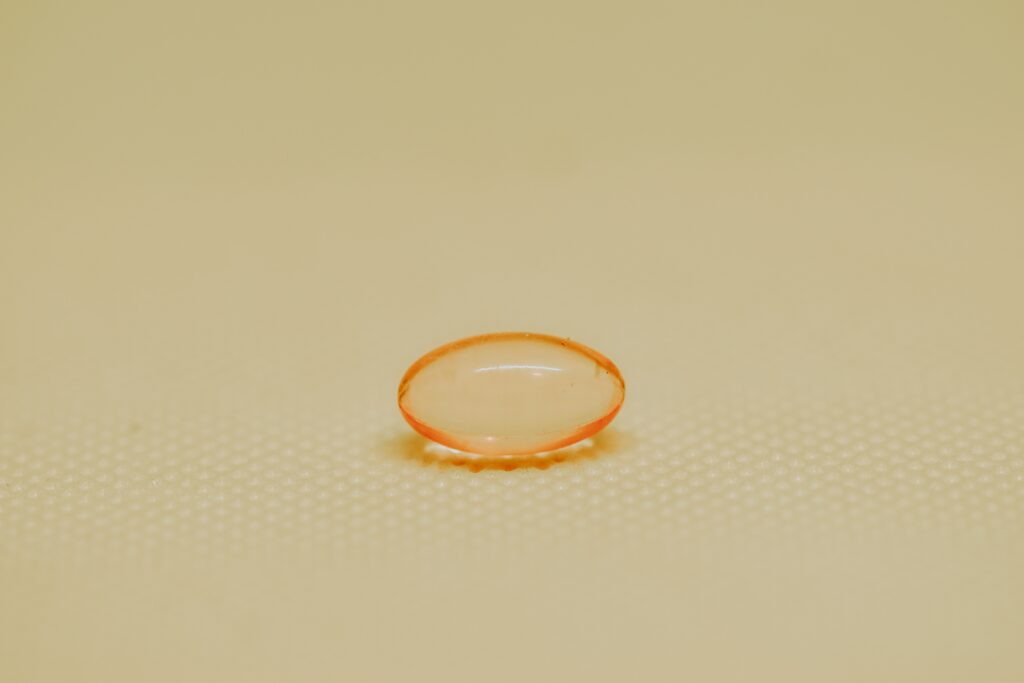
Is It Possible To Prevent Pimples And Cold Sores?
To reduce your chance of developing pimples, dermatologists suggest that your wash your face twice daily with warm water using a mild cleanser. Don’t scrub your skin too hard.
If you do use make-up, make sure you remove it properly before bed.
Some individuals (like teenagers) use benzoyl peroxide-containing medication regularly. And for individuals who have severe problems with pimple formation, antibiotics may be in order.
To reduce your chance of getting cold sores, individuals need to avoid sharing items like utensils, towels, etc. You should also avoid person-to-person contact to reduce and prevent the transfer of the virus that causes cold sores.
In addition, people with cold sores can help prevent transferring the virus by avoiding touching the cold sore and by washing their hands frequently.
Pimple vs Cold Sore FAQs
No. When pimples appear on the lip border, they can be confused for a cold sore, especially in the early stages. But pimples never occur directly on the lip itself.
No. If you’re thinking of popping a cold sore, it’s important to remember that cold sores are not like pimples. When you pop a pimple, you release sebum from a clogged pore in the skin. But when you squeeze a cold sore, you release infectious viral fluid through an open sore that can easily spread to other parts of the body.
It is highly unlikely that a single, stand-alone bump is a cold sore. The tingling period of cold-sore development is followed by red, fluid-filled blisters, usually in clusters on or around the lips.
Having a cold sore doesn’t necessarily mean you have an STD. Most cold sores are caused by herpes simplex virus type 1 (HSV-1), which usually affects the lips and typically is not transmitted by sexual contact. Though less common, cold sores may be caused by HSV-2, which is commonly associated with genital herpes.



